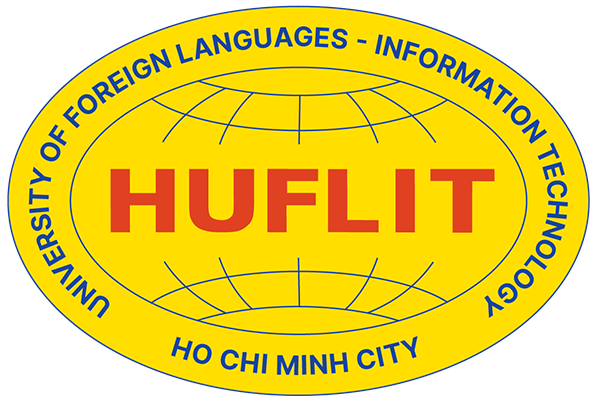Stories from global giants were no longer mere theories. Students gained deeper insights into how Netflix leverages AI algorithms to analyze billions of data points, delivering surprisingly accurate movie recommendations that keep users engaged. They also learned how Grab applies AI to develop a real-time dynamic pricing system that optimizes journeys for both drivers and passengers. Even long-established brands like Coca-Cola and Nike have embraced AI — using it to analyze consumer preferences, personalize marketing campaigns, and even contribute to the design of new products.
One of the most engaging parts of the session was the prompt creation activity. This exercise not only challenged students’ logical thinking but also inspired new business perspectives, demonstrating that when combined with human intelligence, AI can become a powerful “second brain” — capable of transforming ideas into reality quickly and efficiently.
The second seminar, titled “AI for Academia: Enhancing Research, Writing & Teaching,” was designed specifically for lecturers and graduate students. It introduced participants to a more intellectual dimension, where AI serves as a companion in academic research, writing, and university teaching. This session directly addressed common concerns about the misuse of AI in education and provided practical solutions.

The second seminar, designed exclusively for lecturers and graduate students, was titled “AI for Academia: Enhancing Research, Writing & Teaching”
Through insightful presentations and vivid examples, HUFLIT lecturers and graduate students were equipped with the skills to manage AI-generated outputs, understand metrics affecting text fluency and creativity, and learn how to guide students in using AI ethically and responsibly. Dr. Alessandro Lampo emphasized that instead of fearing AI, the academic community should embrace it as a wise companion.
Both seminars highlighted a unifying message: AI does not replace humans — it amplifies human intelligence and creativity. The future belongs not to those who merely know how to use AI, but to those who can ask the right questions, think critically, and apply technology responsibly.
This event once again reaffirmed HUFLIT’s spirit of innovation and integration. By creating open intellectual platforms, the university is laying a strong foundation for its faculty and students to not only keep pace with but also lead in the technological revolution. HUFLIT’s journey of exploring AI is far from over — promising even more inspiring and enriching programs in the future.











